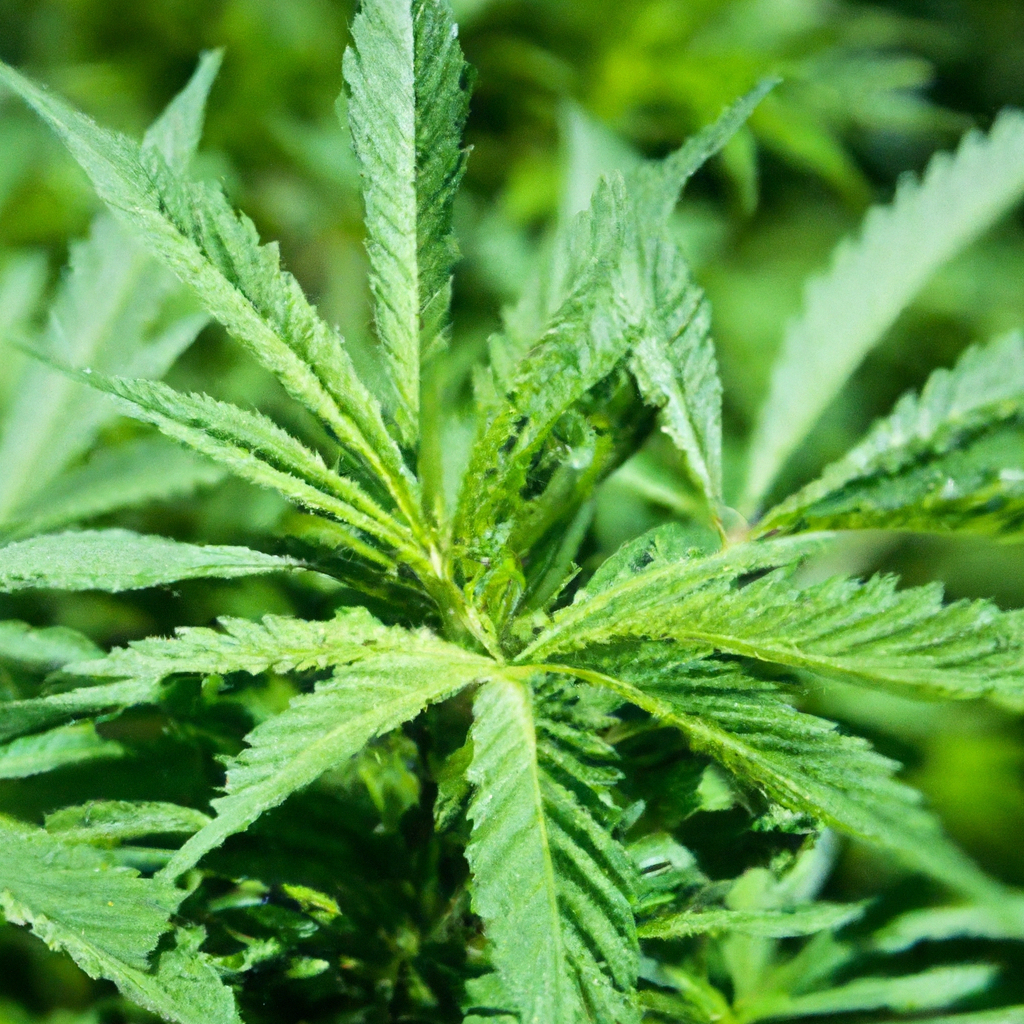By John “Magic” Greenleaf: Growing greatness, one strain at a time.
Introduction
In recent years, the cannabis industry has seen a shift towards more sustainable growing practices. While the demand for cannabis continues to rise, environmental responsibility has become a cornerstone for ethical growers. As someone who’s navigated the rocky trails of Colorado’s unique climate for over 30 years, I’m here to share evidence-based insights that go beyond mere trends.
The Role of Genetics in Sustainability
Choosing the right genetics is a foundational step in achieving sustainable cannabis cultivation. Advanced genetic selection can lead to resilient strains that require fewer resources. For instance, my strain “Magic Kush,” known for its medicinal properties, thrives with minimal intervention due to its robust genetic makeup.
Consider focusing on characteristics such as pest resistance and drought tolerance when selecting strains. These traits facilitate the conservation of resources and contribute significantly to a sustainable grow operation.
Water Efficiency: A Modern Approach
Water is a precious resource, and efficient use can make a significant difference in the sustainability of your grow. I employ drip irrigation systems, which help reduce water waste by up to 40%. Additionally, choosing organic soils that retain moisture can save growers thousands of gallons annually.
- Drip irrigation reduces evaporation losses.
- Organic soil enhances moisture retention.
- Rainwater harvesting can supplement irrigation needs.
Energy Efficiency in Cannabis Cultivation
Lighting can be one of the most energy-consuming aspects of indoor cannabis cultivation. By implementing high-efficiency LED lighting systems, like Gavita Pro, I’ve been able to reduce energy consumption by 25%. The optimization of light spectra not only conserves energy but also enhances plant growth and terpene content.
Consider employing automated sensors and AI-powered grow monitors to ensure optimal environmental conditions, which can further conserve resources and improve yield quality.
Conclusion
Embracing sustainable techniques in cannabis cultivation does not only benefit the environment but also enhances the quality and yield of the produce. Through advanced genetics, mindful water management, and energy-efficient practices, cultivators can significantly minimize their ecological footprint. As we move forward, let’s continue to learn and grow greener together—one strain at a time.


Leave a Reply